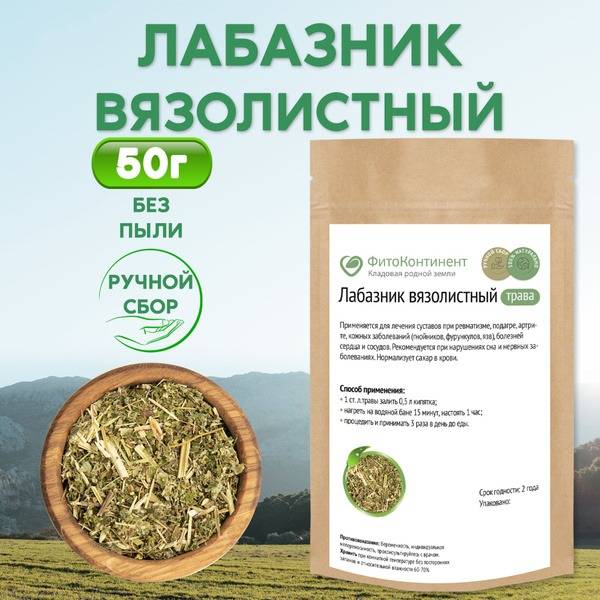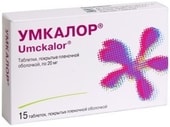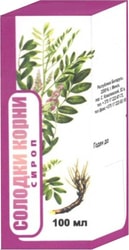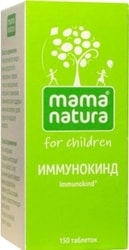
Meadowsweet (Filipendula ulmaria), also known as meadowsweet herb, queen of the meadow, or bridewort, is a remarkable plant with a rich history of medicinal use dating back over four centuries. First mentioned in Cypriot legends, it was considered sacred by Celtic druids and employed in their ceremonies. Traditional healers utilized meadowsweet for a wide range of ailments, including kidney and stomach disorders, skin conditions, colds, and rheumatism. Its common name, "thirty-diseases," reflects its broad application in folk medicine.
Meadowsweet's therapeutic properties stem from its rich composition, including flavonoids, phenolic compounds, tannins, acids, catechins, and essential oils. All parts of the plant hold medicinal value.
(Note: Always consult a healthcare professional before using meadowsweet, especially if you are pregnant, breastfeeding, or taking other medications.)
Infusion for Rheumatism, Gout, Stomach Pains, Headaches, and Diuretic Use: Steep 2g of crushed herb in 250ml of cold boiled water for 8 hours in a thermos. Filter and take 50ml four times daily before meals.
Infusion for Haemostasis and Astringent Properties: Steep 5g of crushed herb in 200ml of water for 2-3 hours. Filter and take 50ml 2-3 times daily.
Decoction for Hepatitis: Simmer 5g of crushed herb in 200ml of water over low heat for 3-4 minutes. Steep for 2 hours. Filter and take 15-30ml three times daily before meals.
Infusion for Diabetes and Hypertension: Steep 5g of crushed herb in 400ml of boiling water in a water bath for 15 minutes. Steep for 1 hour. Filter and take 30ml three times daily an hour before meals. (One-month course).
Tincture for Wound Care: Macerate 200g of crushed herb in 1 liter of 20% alcohol for two weeks in a dark place, shaking occasionally. Filter. Use as compresses for suppurating wounds, trophic ulcers, burns, arthritis, arthrosis, neuralgia, trigeminal and facial neuritis, and rheumatism.
Individual intolerance. A minimum recommended course is 5 packages. (This refers to the 50g package size).





